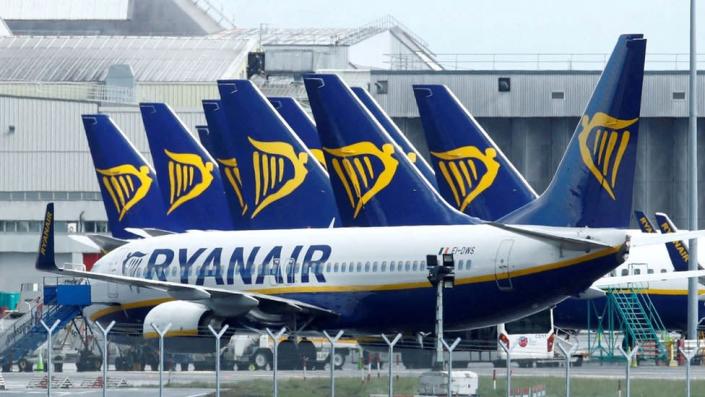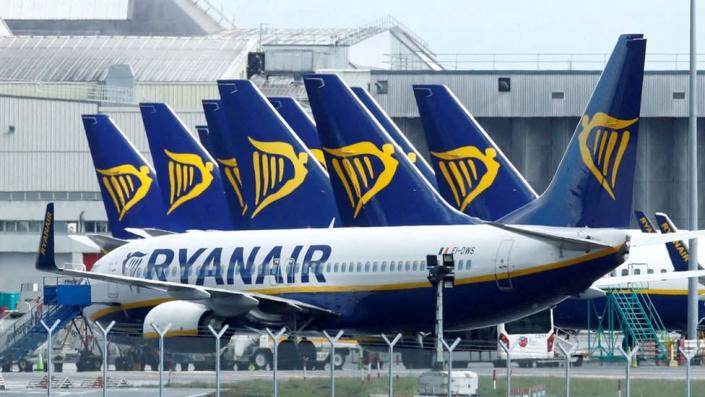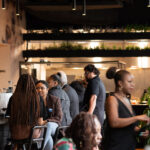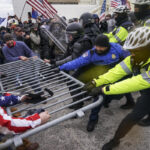
Irish budget airline Ryanair says it is still insisting that all South Africans travelling on flights to the UK must prove their nationality by taking a test in the Afrikaans language.
The policy has caused outrage in South Africa, where many black people associate Afrikaans with the days of white-minority rule.
South Africa has 11 official languages and Ryanair has not explained why it chose Afrikaans.
The airline runs flights around Europe.
In a statement to the BBC, Ryanair said it had to carry out the extra test because of “substantially increased cases of fraudulent South African passports being used to enter the UK”.
Any airline found to have taken a passenger to the UK on a fake passport faces a fine of £2,000 ($2,500) from the UK authorities.
“This is why Ryanair must ensure that all passengers (especially South African citizens) travel on a valid SA passport/visa as required by UK Immigration,” the airline said.
The British government says it does not require the extra test to be carried out.
As well as not explaining why it chose Afrikaans rather than any other South African language, Ryanair did not say whether it carried out similar tests for any other nationality.
Only around 13% of South Africans speak Afrikaans as a first language, according to a 2011 census – making it the country’s third-most spoken mother tongue, after Zulu and IsiXhosa.
The quiz contains questions such as what is South Africa’s international dialling code, what is its capital city and who is the current president of the country.
Anyone who fails is refused travel and refunded the cost of their ticket.
South African citizen Dinesh Joseph told the BBC on Monday how he was “shocked and angry” when asked to take the test.
“It’s callous and insensitive to force people to write a test which would evoke so much emotion around it – the language of apartheid was Afrikaans,” Mr Joseph told the BBC’s Newshour programme.
The imposition of Afrikaans as a medium of instruction in schools was the main reason behind the 1976 Soweto Uprising against the apartheid regime, in which at least 170 people were killed, mostly schoolchildren.
BBC South African reporter Nomsa Maseko says she swore never to speak Afrikaans after leaving school, and that she would have failed the test.
South Africa has 11 official languages: Zulu, isiXhosa, Afrikaans, Sepedi, Setswana, English, Sesotho, Xitsonga, Siswati, Tshivenda and Ndebele.
Why Afrikaans is so controversial:
-
During apartheid, or white-minority rule, Afrikaans was made mandatory, and an official language of education, alongside English, prompting nationwide protests by black South Africans
-
It is no longer obligatory but is an option in schools
-
It is the mother tongue of only 13% of South Africans, mainly mixed-race people, known as coloureds, and white South Africans – the descendants of Dutch, German and French settlers who arrived in the 17th Century
-
More will be able to understand it but many cannot, and speak one of the 11 other official languages
-
English is the language most commonly used officially and in business, according to South Africa’s 2011 census.




